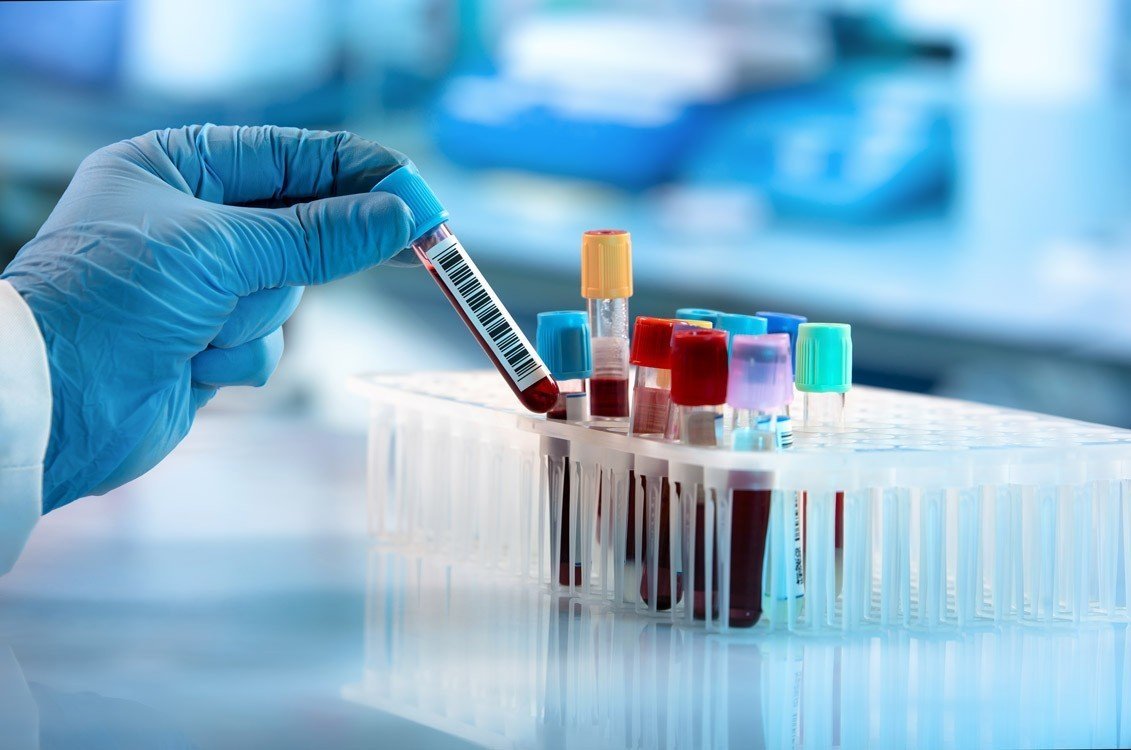If you are pregnant and are considering cord blood banking or cord blood donation, it is critical to know everything about the testing and preservation process. When it comes to your baby’s umbilical cord stem cells, there are a few different options you have to preserve the powerful cord blood and tissue. You can either donate the cord blood to a public bank or store the stem cells in a private cord blood bank. There are, however, several steps to take before a successful collection of the cells, and the first step begins with understanding what the process is and how it works. Today, we will discuss your baby’s cord blood or tissue and what you can expect during the cord blood testing and collection process.
What is Cord Blood?
Cord blood is the rich source of stem cells that remain in the umbilical cord after giving birth to your baby. They are the building blocks of our blood and are known as Hematopoietic cells or blood-forming cells and can grow into many different types of cells. Stem cells are the foundation of our immune system, which is why cord blood stem cells are so valuable. They reproduce into red blood cells and boost the immune system by repopulating damaged blood cells.
The hype surrounding general research of stem cells began gaining notoriety in the 90s. However, it wasn’t long before doctors and researchers discovered that the blood inside an umbilical cord was rich in stem cells. After this discovery, cord blood was presented as a “safer” alternative to bone marrow transplants that are used to treat other diseases. Shortly after, public cord blood donation banks and private cord blood stem cell storage banks emerged and have been a postpartum option for mothers ever since.
Cord blood testing
Cord blood banking is quick and painless for both the baby and the mother. If you decide to store your baby’s cord blood, the health care team will collect it after the baby is born by using a sterile needle to draw the blood from the umbilical vessels. Once extracted, the provider will also take a sample of cord blood for testing. These tests may measure a variety of substances and check for infections or other disorders, before being properly packaged and sent to your cord blood bank for long-term storage.
What is cord blood testing used for?
- Measure blood gases. This helps to see if a baby's blood has a healthy level of oxygen and other substances.
- Measure bilirubin levels. Bilirubin is a waste product made by the liver. High bilirubin levels can be a sign of a liver disease.
- Perform a blood culture. This test may be done if a provider thinks a baby has an infection.
- Measure different parts of the blood with a complete blood count. This is done more often on premature babies.
- Check for signs of a baby's exposure to illegal or misused prescription drugs a mother may have taken during pregnancy. Umbilical cord blood can show signs of a variety of drugs, including opiates; such as heroin and fentanyl; cocaine; marijuana; and sedatives. If any of these drugs are found in cord blood, a health care provider can take steps to treat the baby and help avoid complications such as developmental delays.
What are the benefits of cord blood banking?
Research has over time revealed more and more ways cord blood can save lives. Preserving cord blood gives access to an invaluable medical resource. Collecting it is completely safe for the baby and doesn't affect labor or delivery.
- Cord blood has been used in transplant medicine for over 30 years and can today be used in the treatment of 80+ diseases including certain types of cancer, blood disorders, metabolic disorders and immune disorders.
- Cord blood has also over the last few years expanded its use into regenerative medicine clinical trials for conditions such as autism, type 1 diabetes and cerebral palsy.
How is cord blood collected?
Soon after your baby is born, the umbilical cord will be cut to separate the baby from your body. The cord used to be routinely cut right after birth, but leading health organizations now recommend waiting at least one minute before cutting. This helps improve blood flow to the baby, which may have long-term health benefits.
After the cord is cut, a health care provider will use a tool called a clamp to stop the cord from bleeding. The provider will then use a needle to withdraw blood from the cord. The cord blood will be packaged and sent to a lab for testing, and if requested, to a cord blood bank for long-term storage.
How is cord blood banked?
There are two types of umbilical cord blood banks.
Private banks: By choosing to store the cord blood with a private cord blood bank like AlphaCord, you are preserving your baby’s cord blood for your baby (or family) for possible future use. Unlike donating cord blood, cord blood banking is not free, but there are plenty of affordable options for parents to choose from.
Why do parents choose to store their baby’s cord blood? A baby is a 100% match to their own stem cells, which can be used to treat non-genetic diseases and cancers. They can also be used for siblings and family members. Treatments using a family member’s cells can be twice as successful as those of a non-relative donor.
Public Banks: If you decide on donating the cord blood, it will be donated to a public cord blood bank after being collected and tested after delivery. As we mentioned above, the choice of whether or not you are going to donate should be made before delivery and should be discussed with your doctor or midwife (this is so they know to collect the placenta and umbilical cord after and also to make sure that donations can be made at your hospital). Once the cord blood is tested and meets the required standards, it will be stored at the public cord blood bank until a patient needs it. It is not stored and saved for your child or family. Unlike private cord blood storage, cord blood donation has zero out-of-pocket costs for parents.
Is there any preparation needed for cord blood testing or banking?
There are no special preparations needed for cord blood testing. If you want to preserve your baby's cord blood, talk to your health care provider early in your pregnancy. This will give you time to get more information and review your options.
Are there any risks to cord blood testing or banking?
There is no risk for mother or baby by collecting cord blood for testing or banking. The labor and the delivery of the baby will be the same, whether the cord blood is collected or not.
Cord Blood Testing Results
Cord blood test results will depend on what substances were measured. If results were not normal, talk to your health care provider to see if your baby needs treatment.
If you are considering banking your baby’s stem cells and want to know more about the cord blood collection process, do not hesitate to contact us.Remember that when it comes to banking your newborn’s stem cells, you only have one chance to do so and get it right and that is why millions of parents have chosen to bank with AlphaCord.



